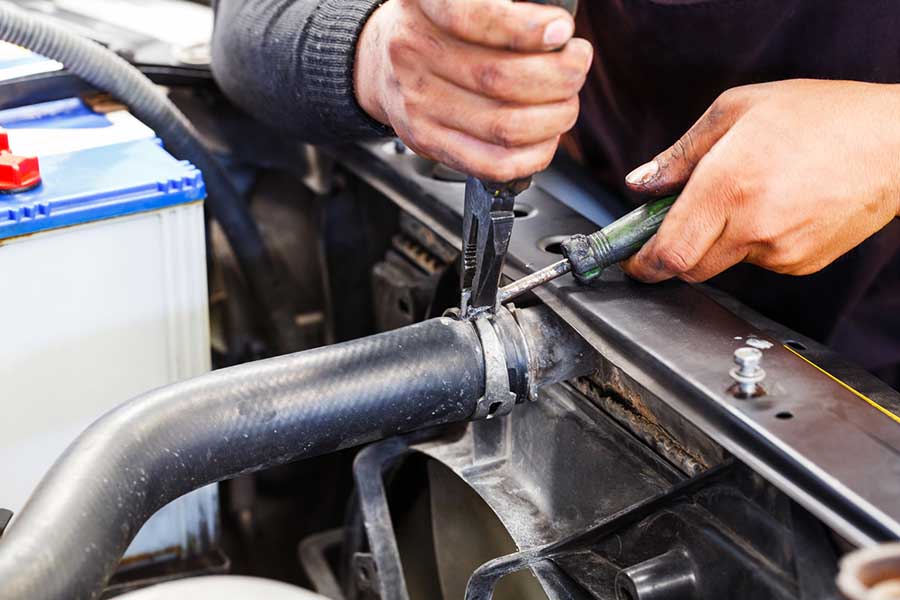Subscribe to Newsletter
Stay up to date on the latest from Vaughan Family Eye Care


Several weeks ago, I found myself in the unenviable position all too familiar to vehicle owners.
As my mechanic meticulously reviewed his notes, I waited nervously for his feedback, as if my very existence rested on his final words. Then, without warning, he mumbles, “Your radiator is leaking, it needs to be replaced – I’m sorry”.
A cool 500 dollars later, I was back on the road, still mulling over the money I had just dropped on my car, after what was supposed to be only a standard oil change.
The experience however, served as a reminder of the importance of routine vehicle maintenance checks.
As any vehicle owner is well aware, it would be irresponsible to wait until the brakes stopped working or until the engine started making funny noises, to get a car inspection.
This anecdote led me to a curious observation. If this is the care we provide our vehicles, then how come this logic is often forgotten when it comes to our children’s vision and eye health?

Just as cars don’t always notify the driver there is an underlying problem, young children usually don’t tell their parents there is a deficiency in their vision.
If a child has always had poor vision, he or she has no reference for comparison and accepts this as “normal”. To rely on a school teacher to recognize a child’s vision deficit in a busy classroom of 30+ students, is far too optimistic.
Uncorrected near-sightedness can make words on the chalk board illegible. Uncorrected far-sightedness can cause eye strain, headaches, and reading blur. Furthermore, subtle deficiencies in binocular vision can lead to significant learning delays.
Studies indicate that roughly 80 percent of what a child learns in school is information that is presented visually. Also, nearly 20 percent of individuals with a learning disability are thought to have a visual information processing deficit.
Unfortunately, if a vision deficit is significant and discovered only at adolescence, the problem might only be partially fixed, and vision may never reach its full potential.
Because early detection is so important, optometrists suggest child eye exams at age 6 months, 3 years, before kindergarten, and yearly thereafter.

I have yet to meet a parent who does not want to give their child every possible advantage to succeed in school. So why then, are vision and eye health so often overlooked?
The truth is, children do not have a “check engine” light, and we cannot rely on them or teachers to tell us there is a problem.
Before we embark on a long road trip, we check that our tires are inflated, the washer fluid is topped up, and the oil is at an appropriate level. Should we not also ensure that our child can see the letters on the board or the words in the book before we send them off to school?
For those with young children, next time you jump in your car, ask yourself “Are your kids seeing the world through a foggy windshield?.
Stay up to date on the latest from Vaughan Family Eye Care

